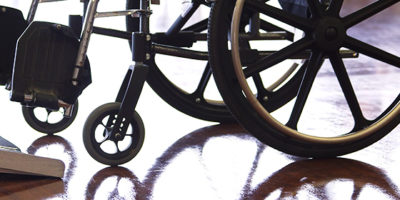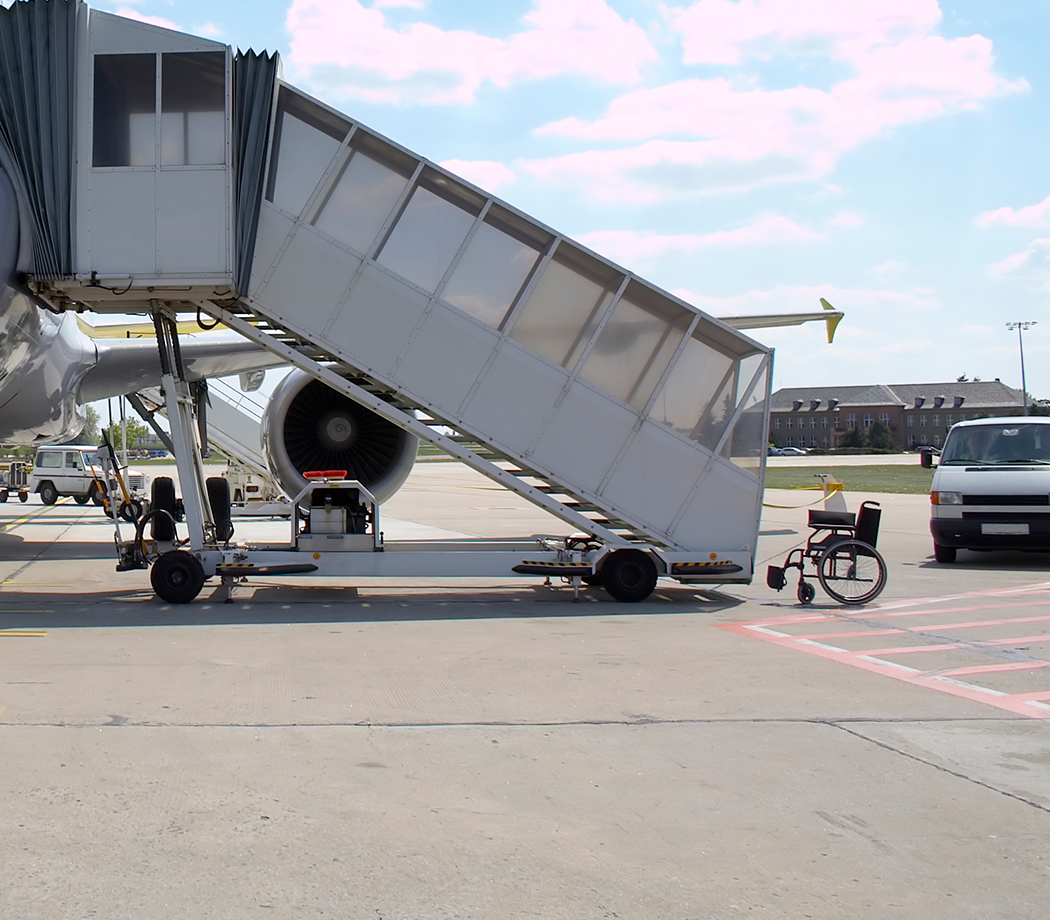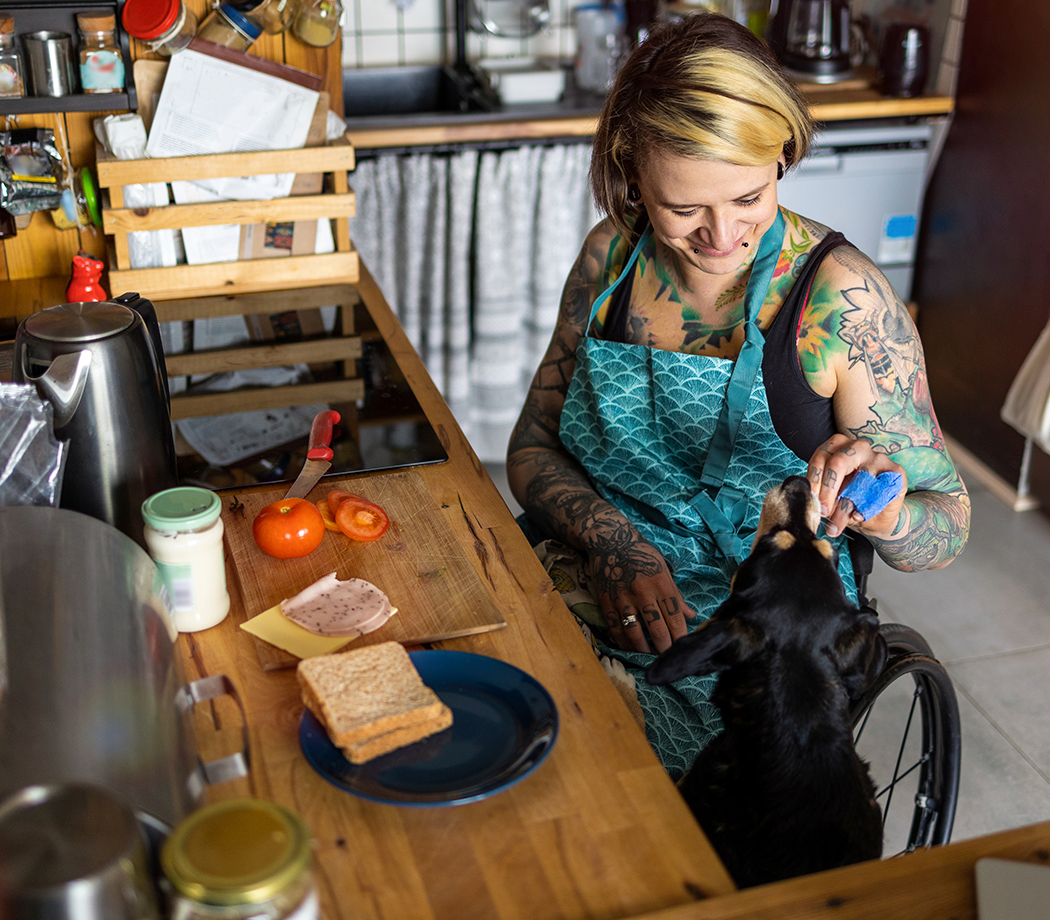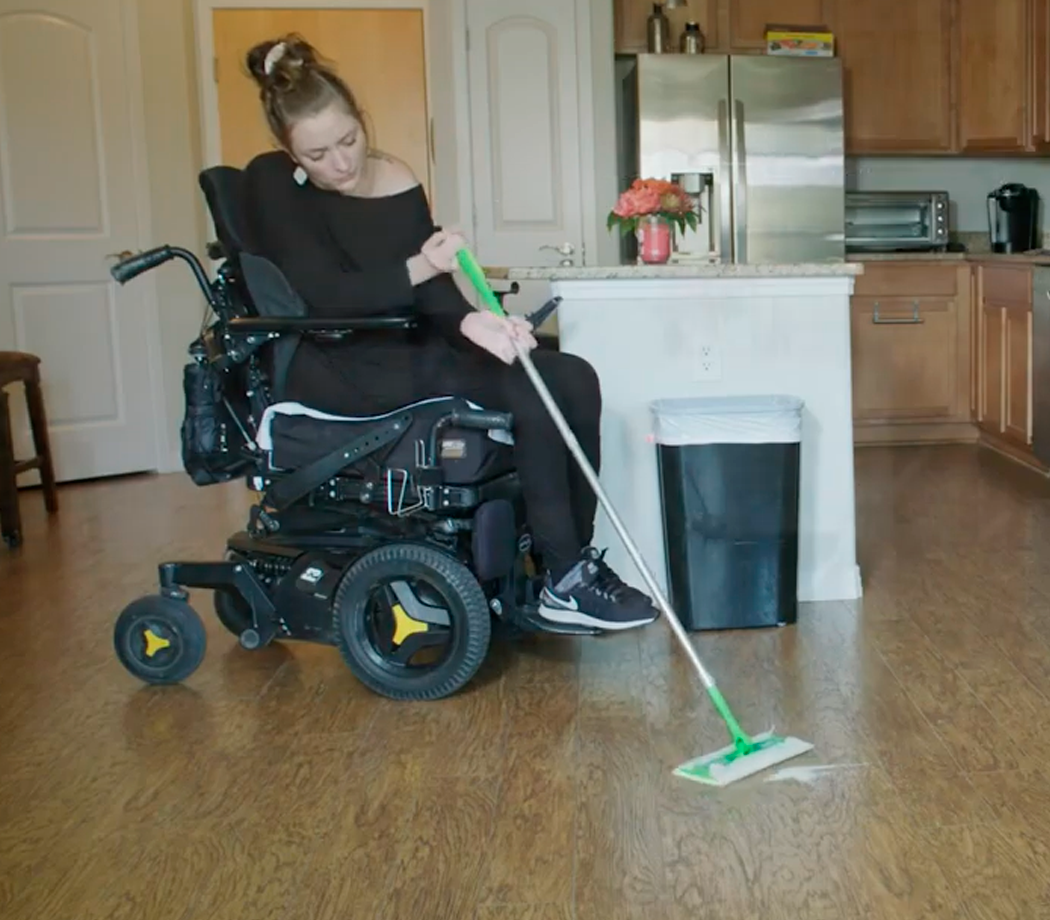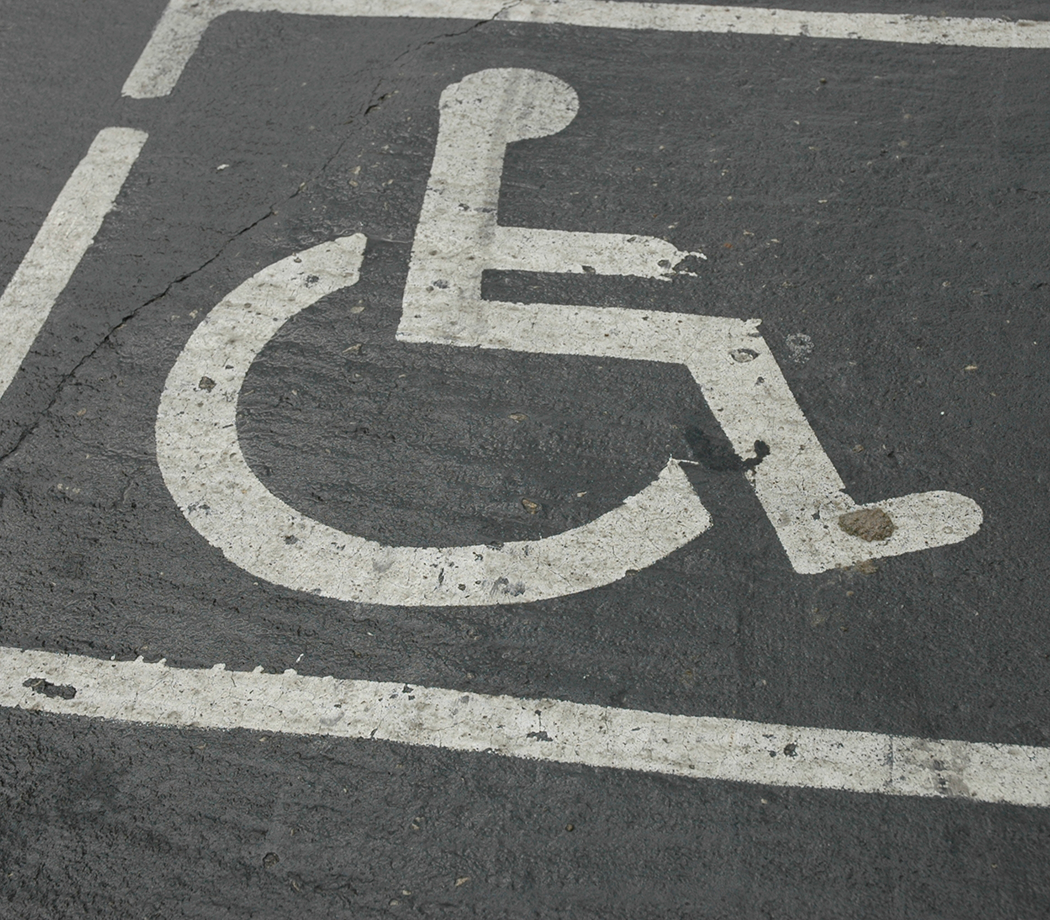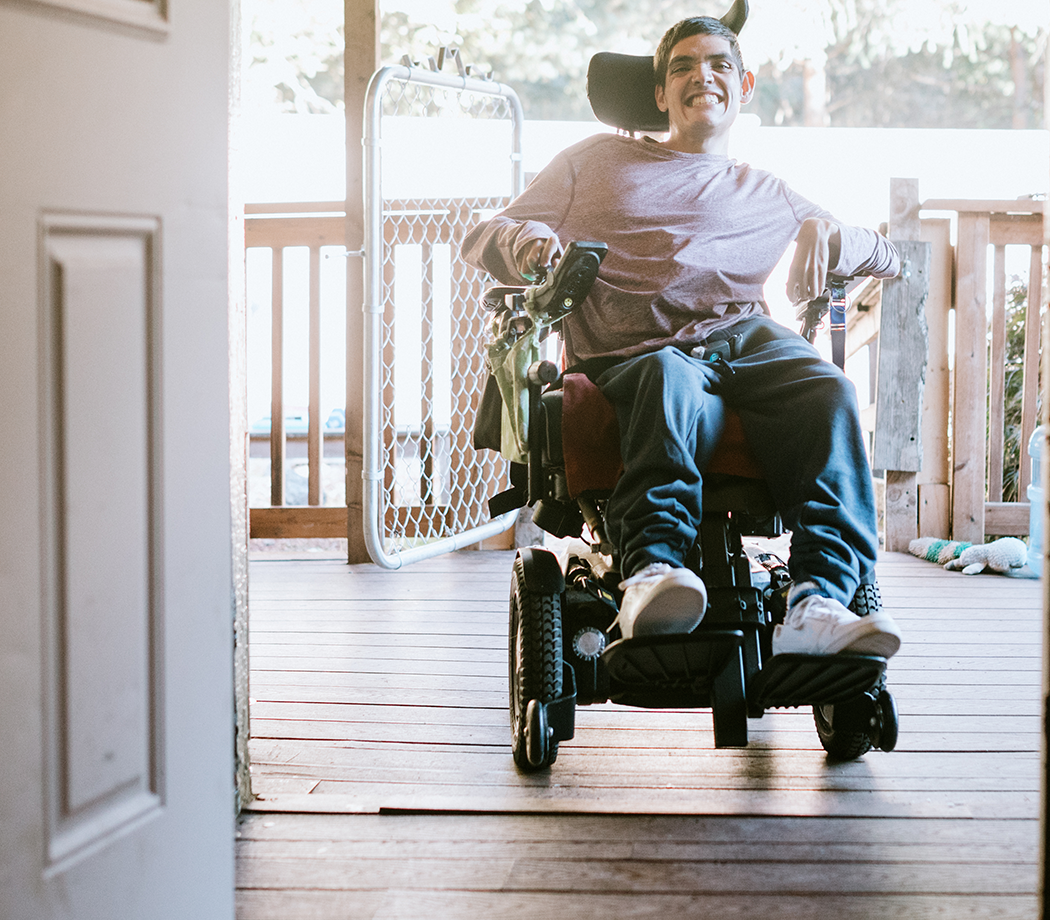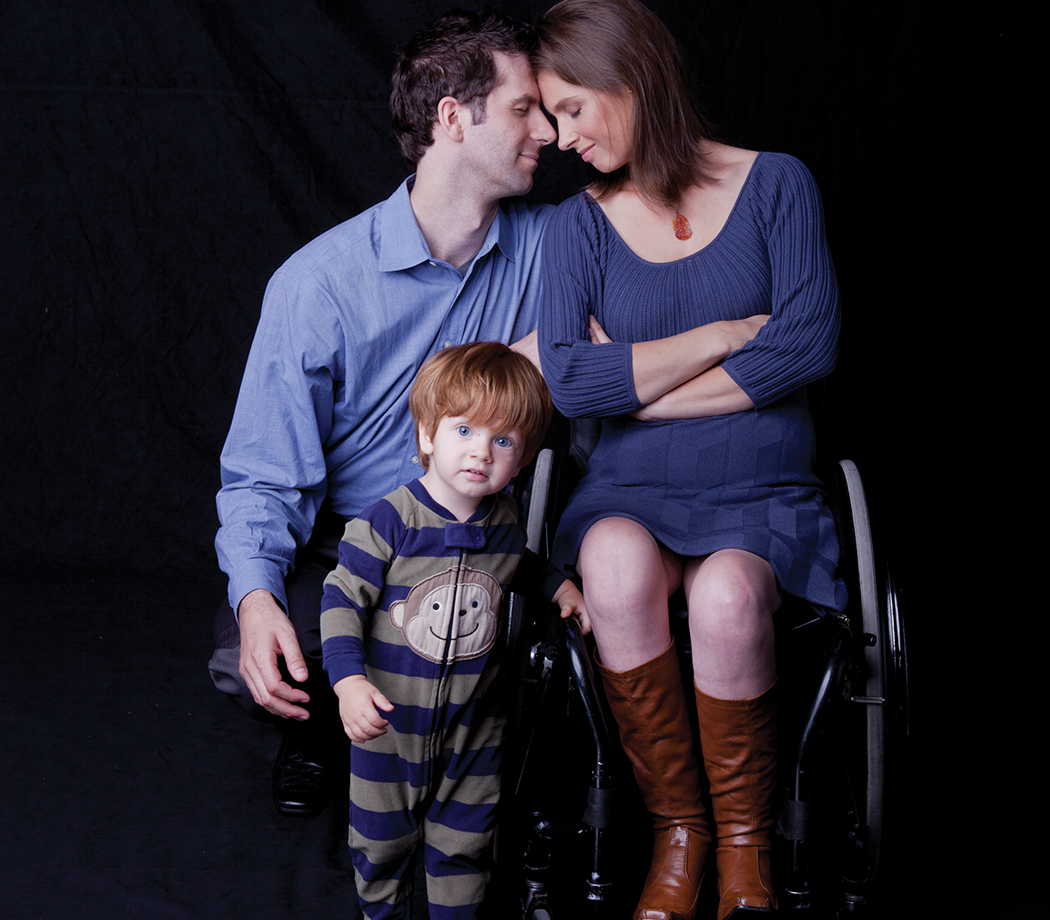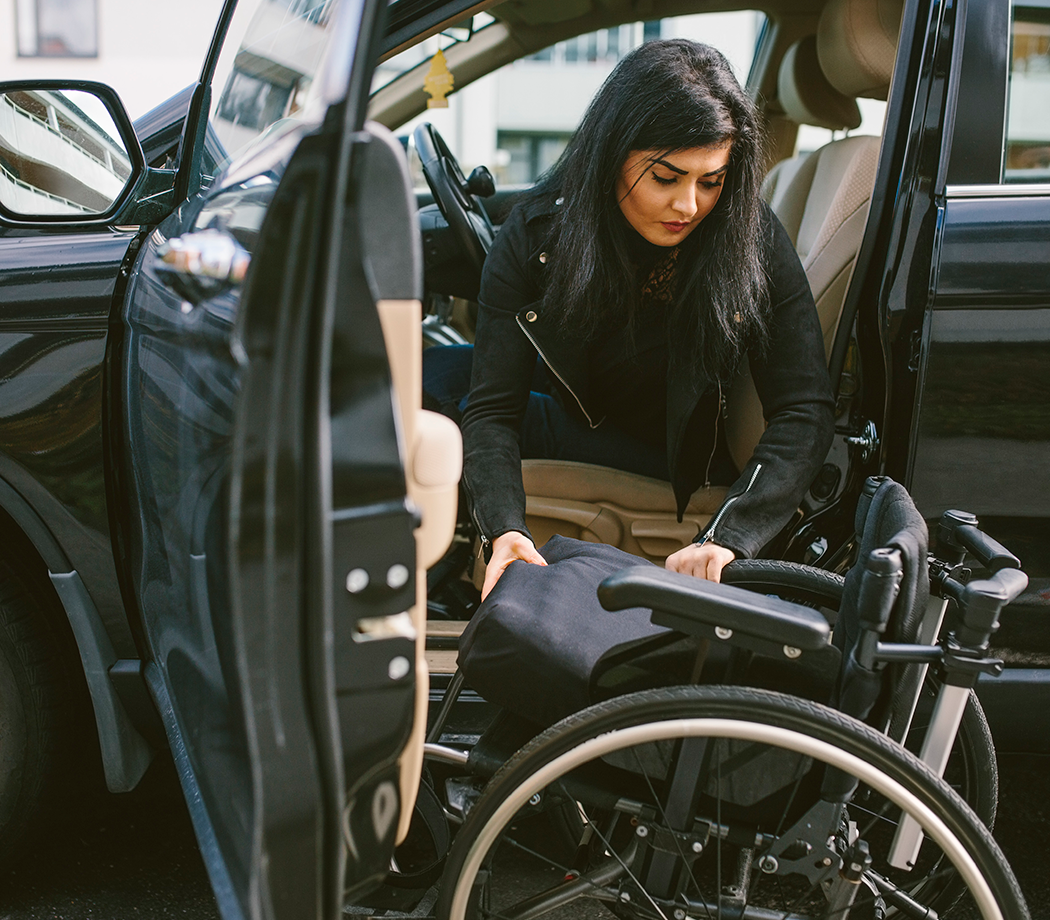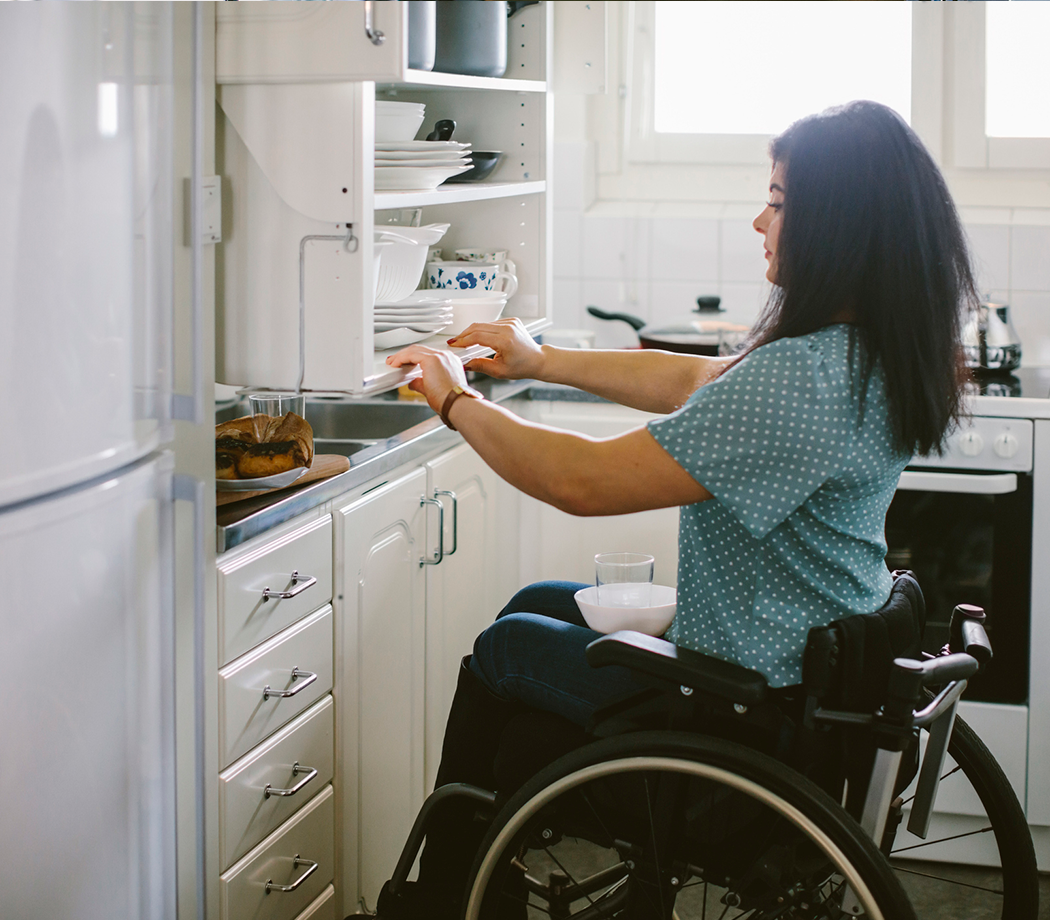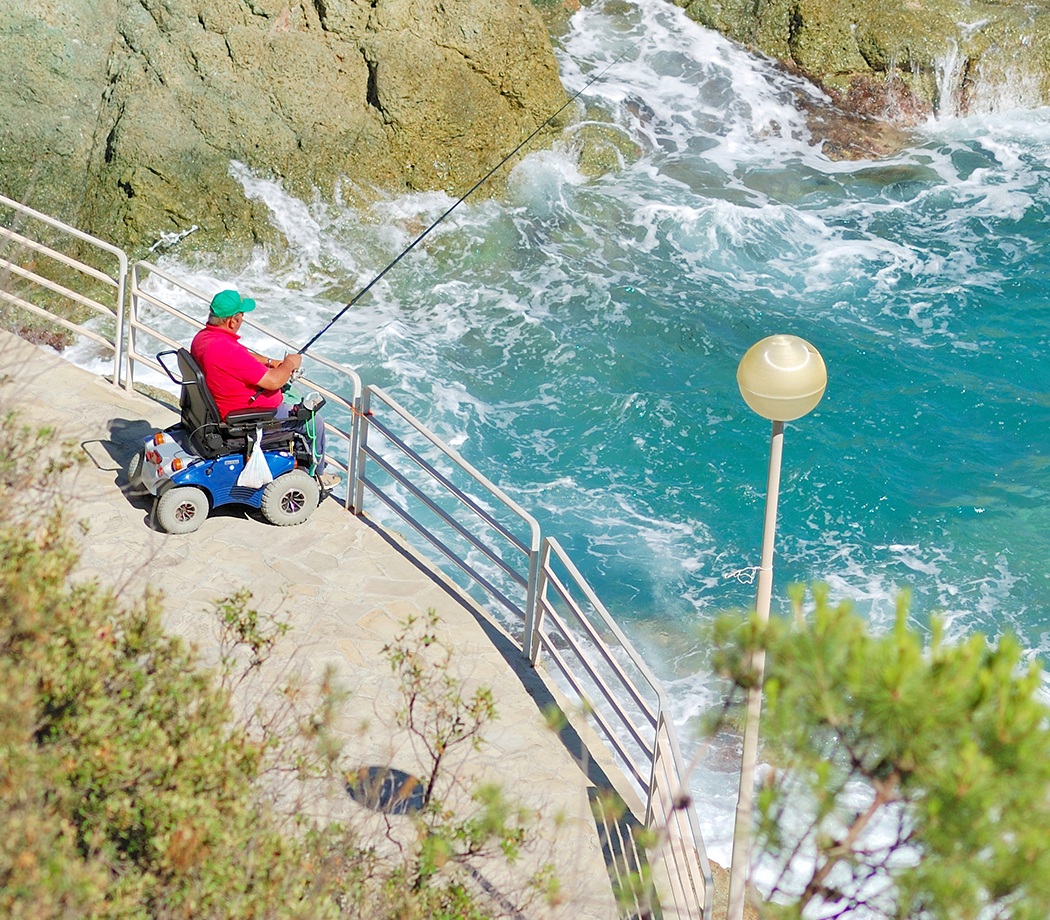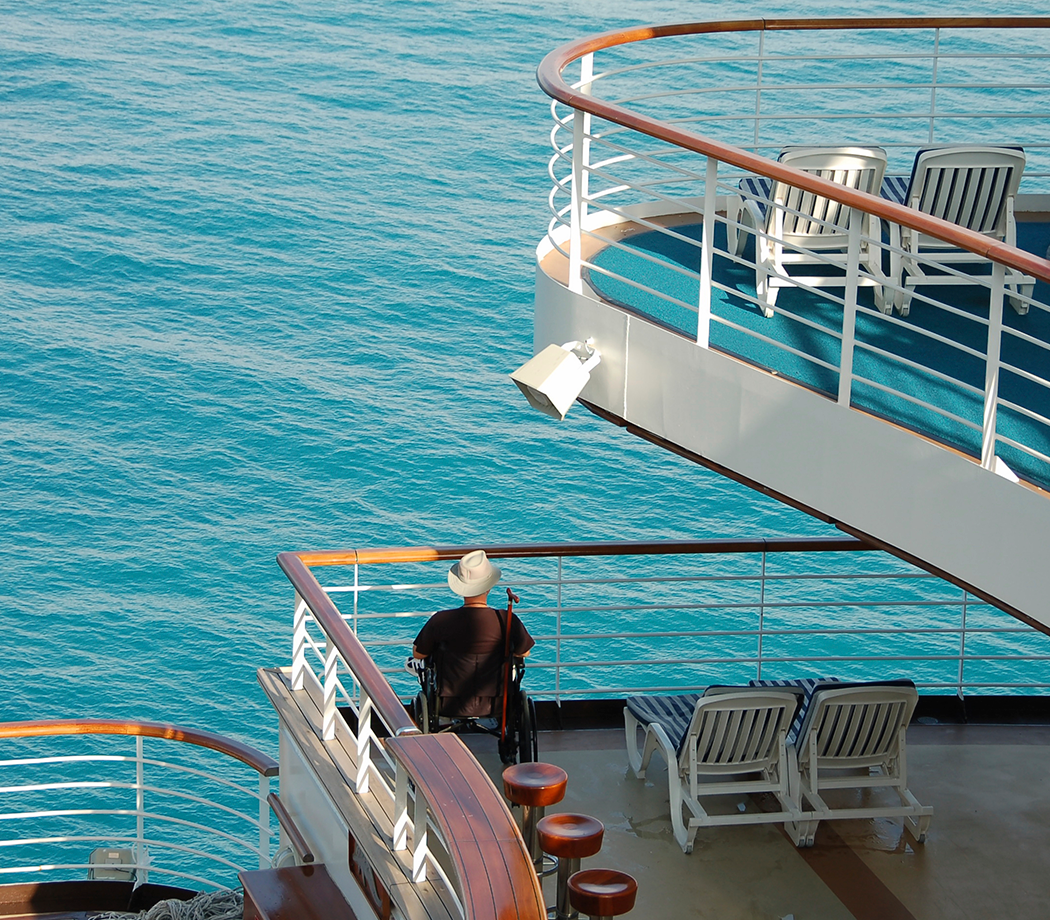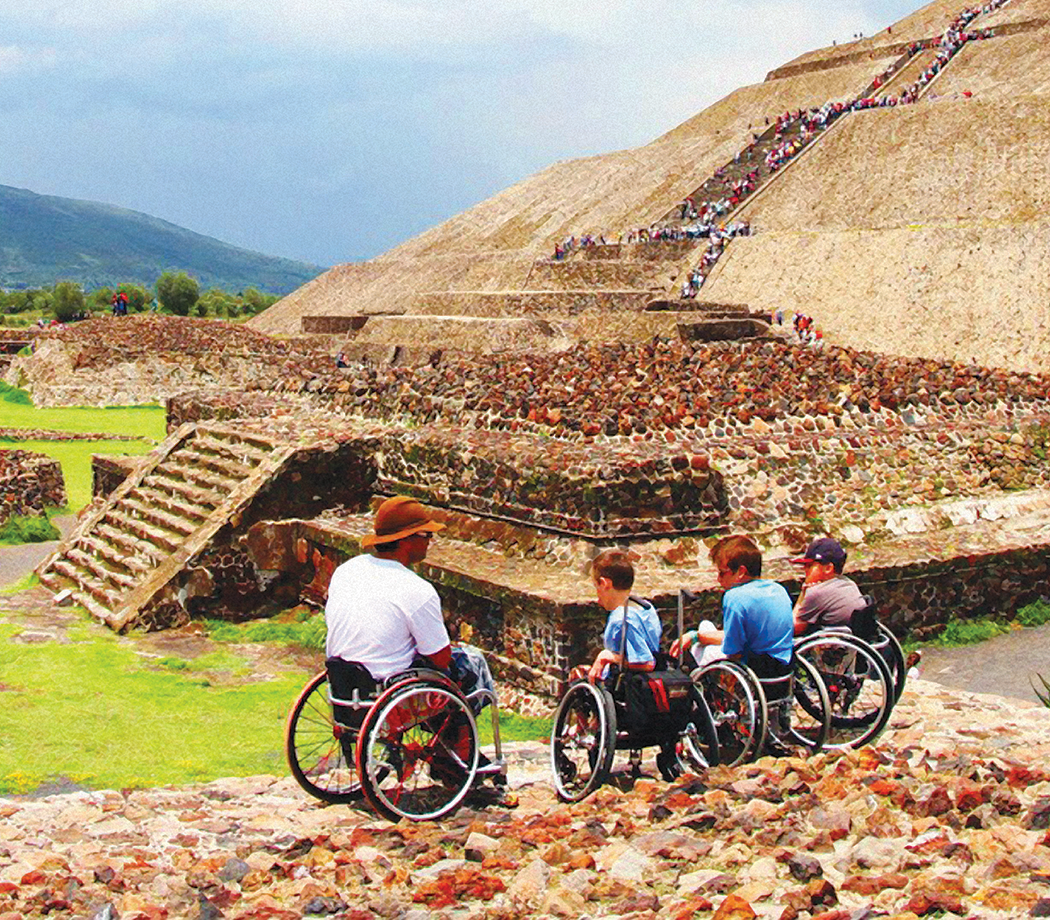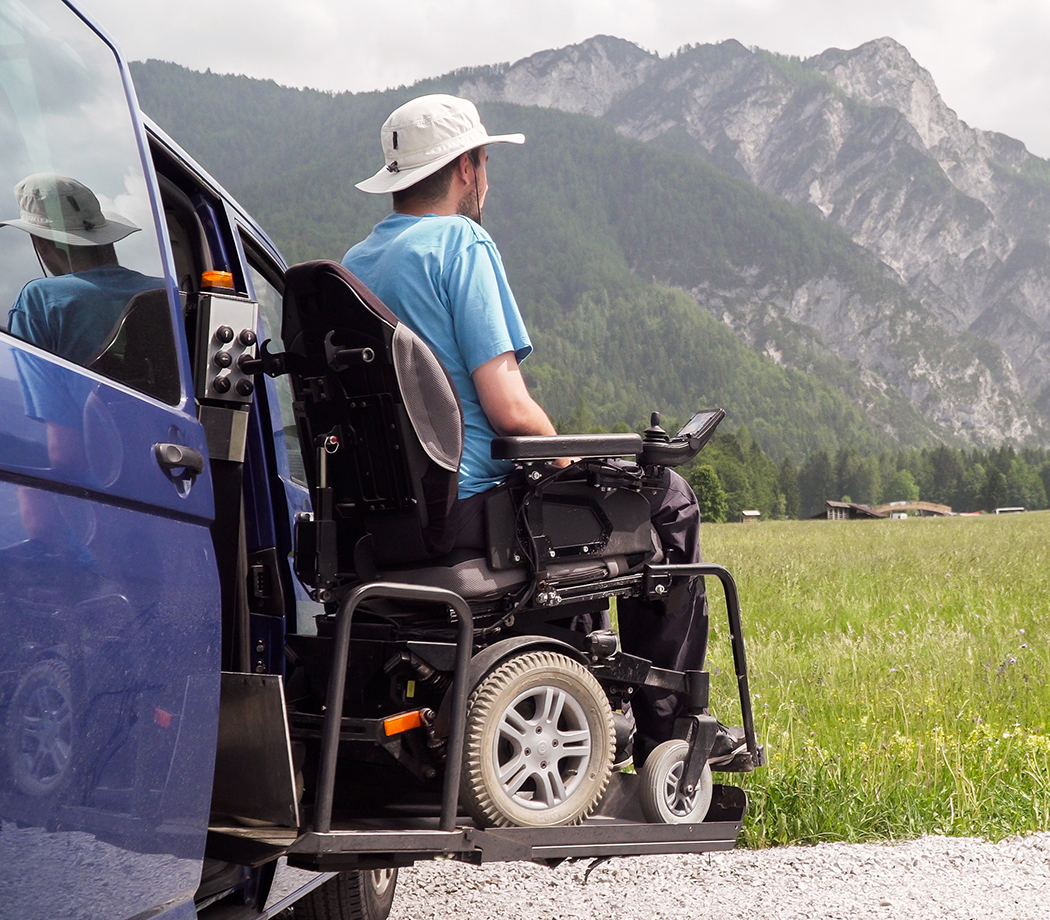Top Travel Tips
Use social networking
Don’t reinvent the wheel, contact people who have traveled. Talk to people in other countries about the accessibility there.
Send items in advance
It will give you less to carry while traveling if you ship necessary items, such as medical supplies, to your hotel in advance.
Take It With You
Bring a 2-3 day supply of necessary medications on board when flying, not just in your checked luggage, in case your luggage is lost.
Get it in writing
If a place claims they are wheelchair accessible, send an email (and get a reply) stating all the items agreed upon for each part of your journey.
Ask for a decent bathroom
How wide is the bathroom door, is there a seat in the shower, or how big is the lip leading to the shower, and how big is the shower?
Bring a personal care attendant from home
You will feel more comfortable with someone you know. Hiring a personal care attendant at your destination can also be expensive.
Bring your accessible parking placard
You can use it if you rent a vehicle.
Don’t Move
At the airport check-in counter, be adamant with the agents that you want to sit in your own wheelchair right to the gate.
Get bulkhead seating
You won’t have to worry about the person in front of you adjusting their seat backward and hitting your legs. Know that 50% of aisle seats have removable armrests to perform a lateral transfer from chair-to-chair.
Stay hydrated
The environment on board an aircraft can be very dry. It is important to stay hydrated as to avoid any medical problems.
Know your chair
If using a manual wheelchair, it may be taken apart in order to be stowed on the plane.
Ask for a straight-back chair
Make sure the airline officials are aware you need a straight-back chair to board the plane. (This is an ‘L’-shaped chair on two wheels that is used to wheel the passenger to his or her seat, where he or she is then transferred.)
Don’t get stuck on the ship
When going on a cruise, ask about access from the ship to the tender boats that take the passengers to the destination ports.
Bring gloves
Streets and sidewalks may be dirty and tough on your hands if using a manual chair.

